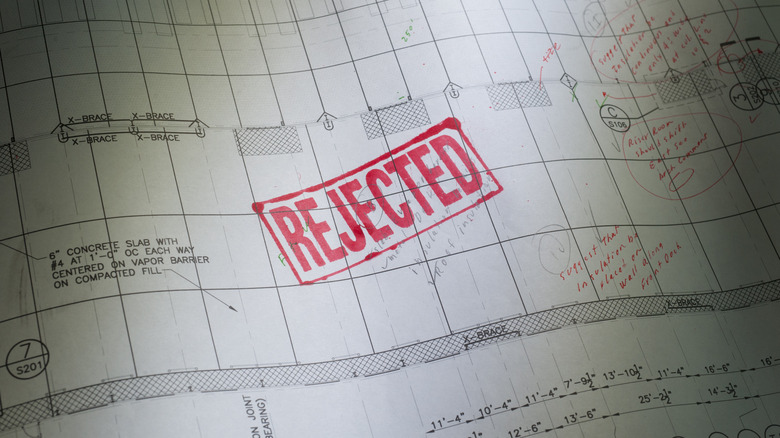Important Questions To Ask About The Neighborhood When Touring A Home
You can't rely on the listing description alone when searching for a home or investment property. On a home tour, It's imperative to ask the listing agent the right questions and do research afterward to ensure you're making a sound decision. Especially because of the sizable cost and commitment in real estate transactions, you can't be overeducated on a property and the neighborhood it's situated in before making an offer. A mistake made by novice buyers is focusing solely on the aesthetic aspects of a property or neighborhood while neglecting aspects like zoning regulations, land development codes, and maximum zoning density. While the technical nuances of a neighborhood's zoning regulations may not seem like a thrilling topic, it's one of the most important factors to identify when buying a home. Knowledge of these rules can determine whether an investment is savvy or a financial risk.
But if researching and interpreting complex codes and ordinances isn't your thing, a reliable realtor can help. "Questions about zoning help to determine if any potential changes to the neighborhood may arise, or are in the works," said real estate agent Susan Tripi, in an interview with Apartment Therapy. She noted that potential issues include, "commercial developments or infrastructure projects that could impact the property's value down the road" but these are only some of the considerations buyers and their real estate agents should be asking about a neighborhood. Below, we delve into questions about zoning you should ask and why they're so important.
Which zoning questions to ask
Zoning, simply put, is the process where local councils regulate how land can be used and developed within a neighborhood. These are the rules that determine whether you can start a gardening project, build a mother-in-law unit, and what your neighbors can build and do. Zoning also directly impacts your property value and future development options. The first questions to ask should pertain to any building, projects, or renovations you plan to do with the property. If you plan to turn your home into an Airbnb, build an additional unit, do gardening, or raise chickens in your yard — you'll need to determine whether the neighborhood's zoning regulations allow for these activities.
You'll also want to inquire about the general zoning regulations for a neighborhood. For example, a mixed-use zoning neighborhood can mean increased property value and closer amenities. A neighborhood zoned for residential-only use may have fewer amenities nearby, but will likely be less hectic with lower resident density. Just as important as knowing what the neighborhood allows for is asking about planned changes, city investments, and upcoming developments that will impact your property value and quality of life in the neighborhood. While an area undergoing zoning changes to relax minimum square-footage requirements and allow tiny homes for short-term rentals may be an attractive real estate investment, a mixed-use neighborhood with no regulations on permissible noise levels or hours for noise may not be an ideal living environment.
Common zoning issues
Strict zoning restrictions can put a damper on your real estate plans. Common zoning restrictions include limits on what percentage of a lot can be built on, how many residences can be built on one lot, and the required space between residences. Many neighborhoods also have restrictions on short-term property rentals, parking, and what can be built on a lot. A building permit will not be approved unless it complies with a neighborhood's zoning regulations. But, a good real estate agent should be a pro with paperwork, regulations, codes, and agreements. They should be able to help you ask a listing agent or homeowner questions about zoning that you may not be aware are important, verify the answers, and look up further information with city planning and ordinance departments to help you plan for success.
They may also be able to help you research the potential for re-zoning a property for a different purpose, for increased density, and other similar changes. In this case, advice from a property lawyer would also help. Whatever your plans are, when it comes to zoning regulations ignorance is never bliss. Zoning code violations can be extremely costly and include daily fines upwards of $150 per day, and notice of violations may require you to pay fines, apply for demolition permits, or demolish unpermitted work. That's why if you're interested in a property, it's crucial to inquire about the zoning regulations governing both property and neighborhood, do your research, and plan accordingly.



